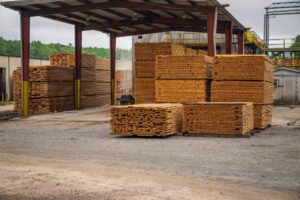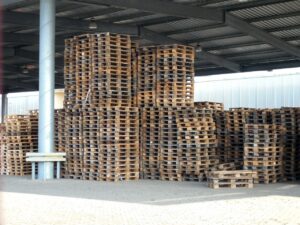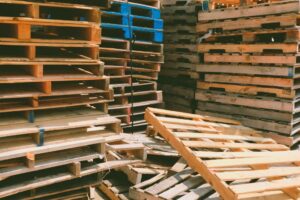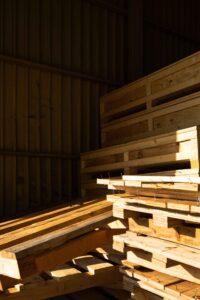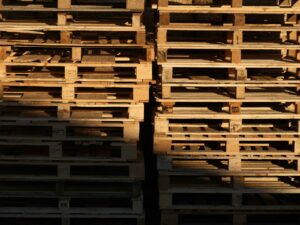When it comes to flooring and furniture choosing the right material can transform your homes aesthetics and functionality Two popular options bamboo and hardwood often come under comparison While both have their unique features understanding their differences can help you make an informed decision In this guide well explore the pros and cons answer common questions and provide tips to help you decide between bamboo and hardwood for your home.
What Is Bamboo Flooring and Hardwood Flooring?
Bamboo: Technically a grass bamboo is processed into flooring by compressing or weaving strands into planks Its known for its sustainability and modern appeal
Hardwood Derived from slowgrowing trees like oak maple or cherry hardwood flooring is a timeless classic with unmatched durability and beauty.
Pros and Cons of Bamboo
Pros:
1. Eco-Friendly: Bamboo grows quickly matures in 35 years making it a highly renewable resource.
2. Affordability: Generally cheaper than hardwood making it budget-friendly.
3. Stylish: Appearance Offers a sleek contemporary look
4. Durability: High-quality bamboo is comparable to hardwood in strength especially strand-woven bamboo.
5. Resistance: More resistant to water and humidity than traditional hardwood.
Cons:
1. Susceptibility to Scratches: Prone to dents and scratches in high-traffic areas.
2. Quality Variance: Lower-quality bamboo products may not last as long.
3. Limited Colors: Fewer options compared to hardwood’s vast range of natural shades.
4. Environmental Concerns: Not all bamboo is sustainably sourced some production processes involve harmful chemicals.
Pros and Cons of Hardwood
Pros:
1. Durability: Can last decades with proper care.
2. Timeless: Appeal Enhances home value with a classic elegant look.
3. Variety: Available in a wide range of species colors and grain patterns.
4. Refinishing: Can be sanded and refinished multiple times to restore its appearance.
Cons:
1. Cost: Expensive upfront including installation costs.
2. Environmental: Impact Slow growth and deforestation make it less ecofriendly.
3. Water: Sensitivity Prone to warping and damage in moist conditions.
4. Maintenance: Requires regular care and polishing to maintain its shine.
Frequently Asked Questions (FAQ)
1. Which is more durable bamboo or hardwood?
Strand-woven bamboo can be as hard or even harder than some hardwoods like oak However traditional bamboo is less durable than hardwood
2. Is bamboo flooring good for hightraffic areas?
Yes but opt for strandwoven bamboo which is more resistant to wear and tear.
3. Can bamboo or hardwood be installed in humid areas?
Bamboo handles humidity better than hardwood but still requires proper installation to prevent damage.
4. Which is easier to maintain?
Both require regular sweeping and cleaning Bamboo may need occasional resealing while hardwood needs polishing and refinishing.
5. Are bamboo and hardwood eco-friendly?
Bamboo is generally more eco-friendly but sustainably sourced hardwood can also be an environmentally conscious choice.
Tips for Choosing Between Bamboo and Hardwood
1. Consider Your Budget: Bamboo is often more affordable making it ideal for cost-conscious homeowners.
2. Think About Longevity: If you’re looking for flooring that can last decades hardwood might be the better option.
3. Assess Your Climate: Bamboo is a great choice for humid or tropical climates while hardwood suits drier conditions.
4. Match Your Style: Hardwood’s traditional appeal complements classic interiors while bamboo works well with modern designs.
5. Check Sustainability: Look for FSC-certified hardwood or bamboo to ensure environmentally friendly sourcing.
6. Inspect Quality: Choose high-quality products to ensure durability and reduce maintenance needs.
People also search for:
– Bamboo flooring vs hardwood
– Pros and cons of bamboo flooring
– Hardwood flooring advantages
– Ecofriendly flooring options
– Bamboo vs wood for furniture
– Sustainable home design
– Durable flooring materials


